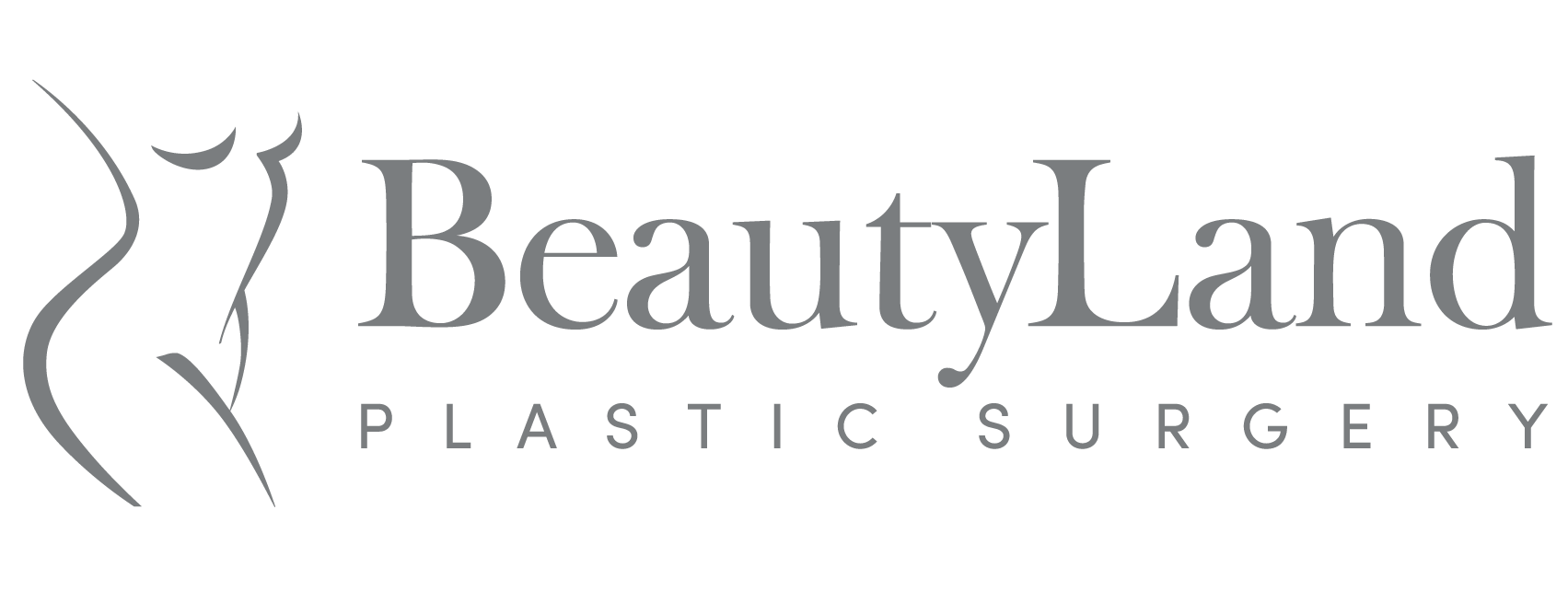Undergoing a facelift is a significant step toward rejuvenating your appearance and boosting your confidence. At BeautyLand Plastic Surgery, our priority is to ensure that you have a smooth and successful recovery. In this blog post, we will provide essential tips and insights to help you navigate the healing process effectively, allowing you to enjoy your refreshed look as quickly as possible.

PIP implant removal in Miami: What you need to know





